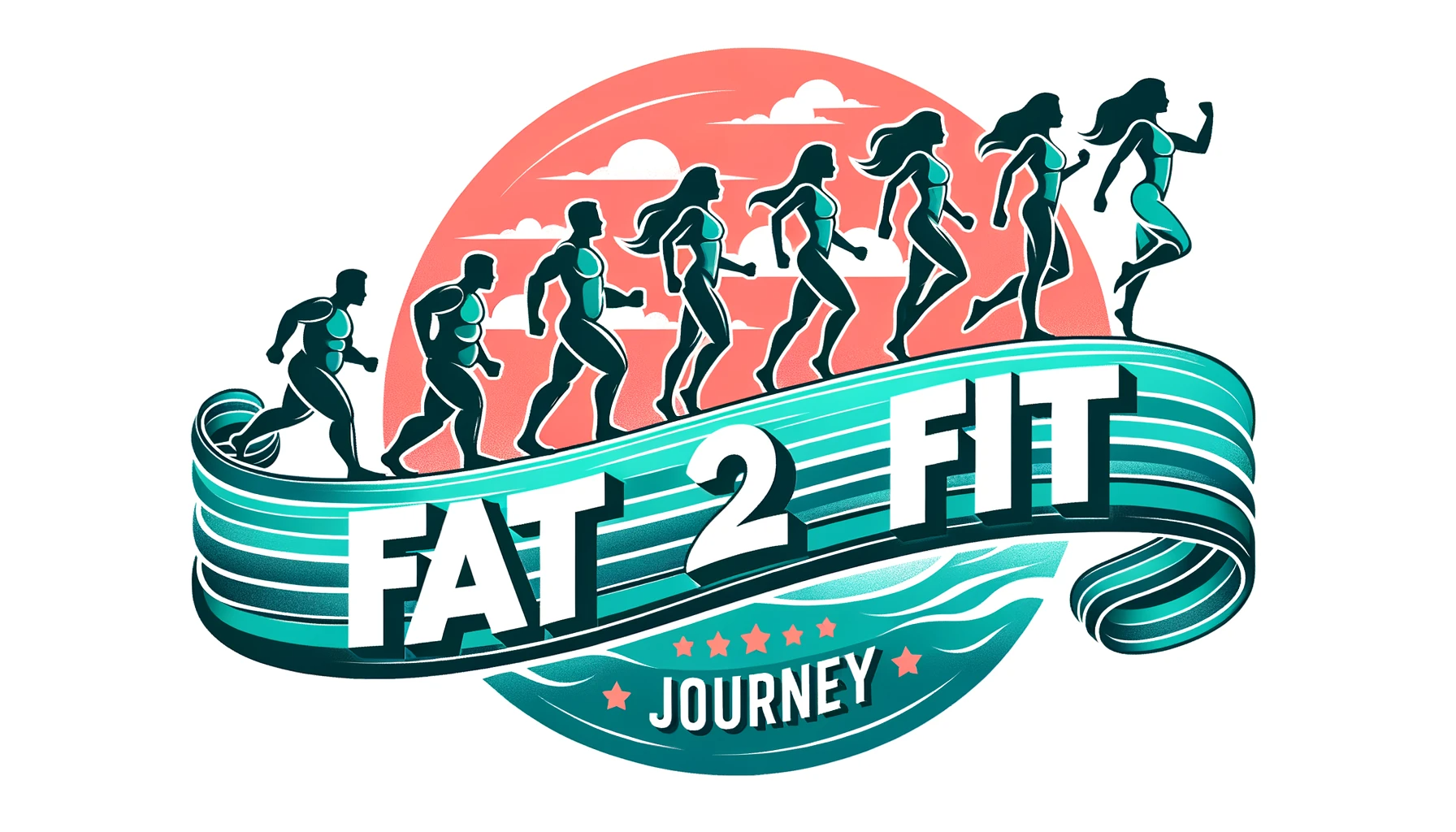In the quest for a healthy lifestyle, finding the right balance in our diets is crucial. When it comes to alcohol consumption, men often face a unique challenge. While enjoying a drink or two can be a part of socializing and relaxation, excessive alcohol intake can have negative effects on our overall health. In this article, we will explore the importance of finding the right balance between alcohol and men’s diets, offering valuable insights and practical tips to help you make informed choices and maintain a healthy lifestyle. So, let’s raise a glass while keeping our well-being in mind!
Table of Contents
The Impact of Alcohol on Men’s Diets
Alcohol is a widely consumed beverage that can have both positive and negative effects on men’s diets. Understanding the impact of alcohol on overall health and well-being is crucial, especially when it comes to maintaining a balanced diet. In this article, we will delve into the various aspects of alcohol and its effects on men’s diets, including the components of alcohol, its caloric content, and how it affects nutrient absorption. We will also explore strategies for balancing alcohol consumption with a healthy diet, managing weight while consuming alcohol, preventing nutrient deficiencies, maintaining muscle mass, promoting heart health, supporting liver function, and achieving hormonal balance. Additionally, we will discuss when to seek professional guidance for alcohol-related concerns, the resources available for support and guidance, and how to effectively address these concerns.
Understanding Alcohol and Its Effects
Before we can discuss the impact of alcohol on men’s diets, it is important to understand the components of alcohol and how they affect our bodies. Alcohol, also known as ethanol, is a psychoactive substance that is present in many beverages such as beer, wine, and spirits. It is derived from the fermentation of sugars by yeast. When consumed, alcohol is rapidly absorbed into the bloodstream and affects various organs and systems in the body.
One of the key considerations when it comes to alcohol consumption is its caloric content. Alcohol contains 7 calories per gram, making it a significant contributor to overall caloric intake. Different alcoholic beverages have varying caloric content, with some packing more calories than others. For example, beer typically contains around 150 calories per 12-ounce serving, while wine contains approximately 120 calories per 5-ounce glass. Hard liquors such as vodka or whiskey have a higher alcohol content and, therefore, more calories per serving. It is essential to be mindful of the caloric content of alcoholic beverages as excessive consumption can contribute to weight gain and other health issues.
Another important aspect of understanding alcohol’s impact on men’s diets is how it affects nutrient absorption. When alcohol is present in the body, it takes precedence over the absorption of essential nutrients. This means that when consuming alcohol, the body’s ability to absorb nutrients from food is diminished. Additionally, alcohol itself does not provide any significant nutritional value. This can lead to nutrient deficiencies over time if alcohol consumption is not balanced with a healthy and varied diet.
Balancing Alcohol Consumption with a Healthy Diet
Identifying the appropriate amount of alcohol consumption is key to maintaining a balanced diet. Moderate alcohol consumption is generally considered safe for men, with the recommended limit being up to two standard drinks per day. It is important to note that this guideline refers to the overall intake and not the amount consumed in a single occasion. Consuming alcohol in moderation allows for enjoyment without compromising your diet or overall health.
To minimize the negative impact of alcohol on your diet, there are several tips to keep in mind. Firstly, it is important to pace your drinking and avoid binge drinking, as this can lead to excessive caloric intake and impaired judgment when it comes to food choices. Staying hydrated while consuming alcohol is also crucial, as alcohol can dehydrate the body. Alternating alcoholic beverages with water or other non-alcoholic options can help maintain hydration levels and reduce overall alcohol consumption.
Choosing healthier alcoholic beverages can also make a difference in your diet. Opting for lower-calorie options such as light beer or dry wine can help reduce your overall caloric intake. Additionally, avoiding sugary mixers and opting for water, soda water, or fresh fruit as mixers can help reduce added sugars and calories. Being mindful of the portion sizes of alcoholic beverages is also important, as larger servings can significantly increase your caloric intake.
Alcohol and its Impact on Weight Management
The relationship between alcohol consumption and weight gain is a complex one, as it involves both the caloric content of alcoholic beverages and their effects on metabolism. As mentioned earlier, alcohol is high in calories and can contribute to weight gain if consumed excessively. Additionally, alcohol can affect metabolism in several ways.
When alcohol is consumed, it takes precedence over the metabolism of other macronutrients such as carbohydrates, proteins, and fats. This means that the body will prioritize metabolizing alcohol over these other nutrients, which can lead to an increased storage of fats and a reduced metabolism of carbohydrates and proteins. This shift in metabolism can contribute to weight gain and hinder weight loss efforts.
To manage weight while consuming alcohol, it is important to consider the overall caloric content of alcoholic beverages and to incorporate them into your daily caloric intake. Monitoring portion sizes, limiting overall intake, and making healthier beverage choices can help prevent excessive calorie consumption. Additionally, regular exercise and maintaining a balanced diet rich in fruits, vegetables, lean proteins, and whole grains can support weight management efforts.
Alcohol and Nutrient Deficiencies
Alcohol can also have a significant impact on nutrient intake and absorption, which can lead to nutrient deficiencies over time. When alcohol is present in the body, it interferes with the absorption of essential vitamins and minerals. Notably, alcohol impairs the absorption of B vitamins, including thiamin, riboflavin, niacin, vitamin B6, and vitamin B12, which are crucial for energy production, brain function, and overall health.
Common nutrient deficiencies associated with excessive alcohol consumption include vitamin B deficiency, magnesium deficiency, and zinc deficiency. These deficiencies can lead to a range of health issues, including fatigue, impaired cognitive function, reduced immune function, and poor wound healing. To prevent nutrient deficiencies, it is essential to maintain a balanced diet rich in fruits, vegetables, whole grains, lean proteins, and healthy fats. Additionally, incorporating alcohol in moderation, staying hydrated, and considering nutritional supplementation under the guidance of a healthcare professional can help maintain optimal nutrient levels.

Alcohol and Muscle Building
Muscle building and alcohol consumption may not go hand in hand. Alcohol has been found to negatively impact muscle protein synthesis, the process by which muscle tissue is repaired and built after exercise. When alcohol is present in the body, it inhibits muscle protein synthesis and can lead to impaired muscle recovery and reduced muscle growth.
To minimize muscle loss while consuming alcohol, it is important to consider timing and moderation. Consuming alcohol immediately before or after a workout can have a more substantial negative impact on muscle recovery and growth. Waiting a few hours after exercise before consuming alcohol can help mitigate its effects on muscle protein synthesis. Additionally, moderating alcohol consumption and incorporating a balanced diet rich in protein, carbohydrates, and healthy fats can support muscle recovery and growth.
Alcohol and Heart Health
The association between moderate alcohol consumption and heart health has been a topic of interest for researchers. It has been suggested that moderate alcohol consumption, particularly red wine, may have some cardiovascular benefits. Red wine contains antioxidants called polyphenols, such as resveratrol, which have been linked to improved heart health. However, it is important to note that excessive alcohol intake can have detrimental effects on cardiovascular health.
Excessive alcohol consumption can lead to high blood pressure, abnormal heart rhythms, damage to the heart muscle, and an increased risk of heart disease. To balance alcohol consumption and promote heart health, it is essential to adhere to moderate drinking guidelines. Consuming no more than two standard drinks per day and ensuring other aspects of a heart-healthy lifestyle, such as regular exercise, a balanced diet, and not smoking, are crucial for overall cardiovascular well-being.

Alcohol and Liver Function
The liver plays a crucial role in processing alcohol. When alcohol is consumed, the liver works to break it down into byproducts that can be eliminated from the body. However, excessive alcohol consumption can overwhelm the liver’s capacity to process alcohol effectively.
The effects of excessive alcohol consumption on liver health can be serious and include conditions such as fatty liver disease, alcoholic hepatitis, and cirrhosis. These conditions can impair liver function and lead to long-term health complications. To support liver function while consuming alcohol, it is important to limit overall alcohol intake and incorporate liver-friendly foods such as fruits, vegetables, whole grains, and lean proteins into your diet. Regular liver function tests and consulting with a healthcare professional can also help monitor liver health and detect any potential issues early on.
Alcohol and Hormonal Balance
Alcohol consumption can have an impact on hormone levels in the body, particularly testosterone. Chronic and excessive alcohol consumption has been associated with decreased testosterone levels, which can lead to a range of symptoms such as reduced libido, decreased muscle mass, and decreased bone density.
In addition to testosterone, alcohol can affect other hormones in the body, including cortisol and insulin. These hormonal shifts can have various effects on overall health, including metabolism, stress response, and blood sugar control. To maintain hormonal balance while consuming alcohol, it is important to moderate alcohol intake, adopt healthy lifestyle habits such as regular exercise and adequate sleep, and consume a nutrient-rich diet that supports hormone production and regulation.
Seeking Professional Guidance for Alcohol-Related Concerns
When it comes to alcohol-related concerns, it is crucial to know when to consult a healthcare professional. If you are experiencing difficulties in managing your alcohol consumption, noticing negative effects on your health, or are concerned about potential alcohol-related issues, seeking professional guidance is recommended. A healthcare professional can provide individualized advice, support, and resources to address these concerns effectively.
There are resources available for support and guidance when it comes to alcohol-related concerns. Local support groups, such as Alcoholics Anonymous, can provide a supportive community and resources for those looking to reduce or quit drinking. Additionally, healthcare professionals, including doctors, counselors, and therapists, can offer specialized guidance and treatment options tailored to individual needs. Online resources, helplines, and hotlines can also provide valuable information and support for individuals seeking assistance.
Effectively addressing alcohol-related concerns requires taking a proactive approach. Openly discussing your concerns with trusted individuals, seeking professional help, and actively working towards positive change can lead to improved health and well-being.
In conclusion, understanding the impact of alcohol on men’s diets is essential for maintaining a balanced and healthy lifestyle. While moderate alcohol consumption can be enjoyed as part of a varied diet, excessive alcohol intake can have negative effects on overall health and well-being. By identifying appropriate limits, making healthier choices, and seeking professional guidance when needed, individuals can find the right balance between enjoying alcohol and prioritizing their overall health and nutrition.

